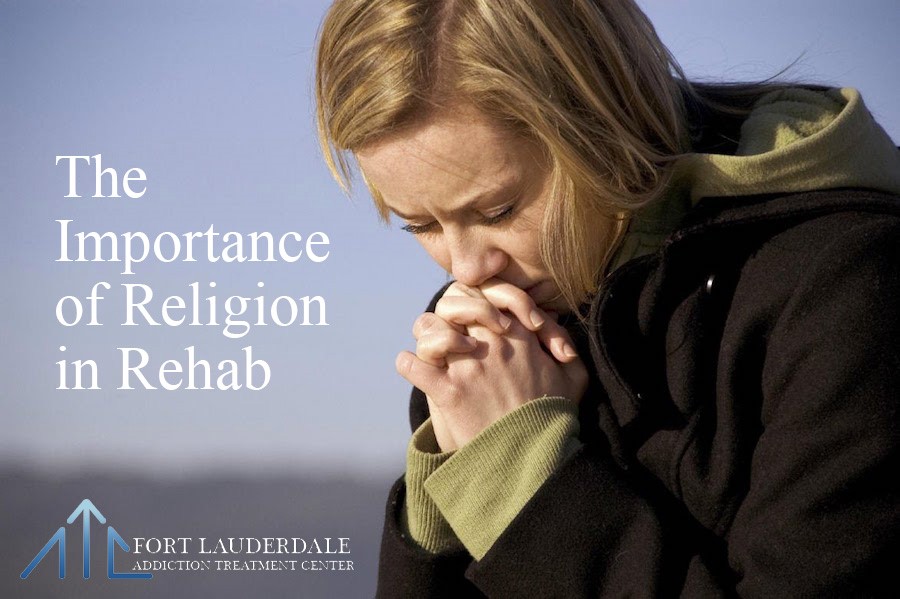Anexsia Detox Treatment Facility Lamont CA
Home
Anexsia Detox Treatment Facility Lamont CA Information
Anexsia Detox Treatment Facility Lamont CA
When's it gonna be your turn?†― , Like “My daughter, Carly, has been in and out of drug treatment facilities since she was thirteen. Have you ever thought you should Cut down your drug use? So staying involved in to Christian support groups is critical after leaving drug rehab. Prayer is the main aspect of the treatment process in Christian rehabs and is used in all meetings.
However, there are many professional rehab facilities in the state that can help with recovery, especially ones that focus on Christian therapy and bible study. A recovered addict needs to participate in constructive social activities. Professionals are trained to assist you in case of any complications or discomfort during withdrawal.
Even more Information Around Avinza Addiction Treatment Facilities

Right here are Some Even more Info on Avinza Addiction Treatment Facilities Lamont CA
You can see that they're controlled by dark energy, the way they look, their appearance, their voice, their behavior, it's not them. Undo Undo DRUG ADDICTION HELPâ€Â @help_addiction Apr 10 More Do you remember when you joined Twitter? With the simple click of the Search button, you’ll be presented with all the Outpatient Drug Rehab facilities within the radius you specify, complete with addresses, phone numbers, and office hours. You go out for a night of drinking and you don’t know where you’re going to end up the next day. Drug abuse may start as a way to socially connect. Each drug addiction 3. case is different, so the treatment plan is developed according to the personsindividual needs and concerns.
Below are Some More Info on Kapanol Addiction Detox Center
It doesn’t matter if you are young or old or rich or poor, drug abuse can take everything you’ve ever cared about away. TAKE BACK YOUR LIFE If you or a loved one is in need of help, we're here.Itʼs possible that these automated requests were sent from another user on your network. Find out if your rehab of choice has an aftercare program or can help you find one.
More Info Around Christian Addiction Treatment Programs Lamont CA
I used to refer to my drug use as putting the monster in the box. For centuries drugs have been produced, utilized and even glorified in film and music. Treatment methods may vary between individuals, and multiple treatment courses may be required to achieve success. Many rehabs adhere to the 12-step program — Alcoholics Anonymous or Narcotics Anonymous. In a survey of treatment providers from three separate institutions (the National Association of Alcoholism and Drug Abuse Counselors, Rational Recovery Systems and the Society of Psychologists in Addictive Behaviors)[where?] measuring the treatment provider's responses on the Spiritual Belief Scale (a scale measuring belief in the four spiritual characteristics AA identified by Ernest Kurtz); the scores were found to explain 41% of the variance in the treatment provider's responses on the Addiction Belief Scale (a scale measuring adherence to the disease model or the free-will model addiction).[4] Scientific research since 1970 shows that effective treatment addresses the multiple needs of the patient rather than treating addiction alone.[citation needed] In addition, medically assisted drug detoxification or alcohol detoxification alone is ineffective as a treatment for addiction.[3] The National Institute on Drug Abuse (NIDA) recommends detoxification followed by both medication (where applicable) and behavioral therapy, followed by relapse prevention. Once craving has been activated, permissive beliefs ("I can handle getting high just this one more time") are facilitated. Fortunately there are many options for those who seek help. There have been lawsuits filed, and won, regarding the requirement of attending Alcoholics Anonymous and other twelve-step meetings as being inconsistent with the Establishment Clause of the First Amendment of the U. Christian counseling and church activities are also available in most treatment centers that are Christian based. The problem with most addicted people is that they try to run on self-will and not Gods will. Some religious organizations offer support organizations for people in rehab, such as the Orthodox Jewish Chabad movement recovery program and its residential treatment center for men in California, or JACS, a Jewish community addiction resource group in New York, along with a number of other Christian support organizations, like Alcoholics Victorious and Christians in Recovery. Addiction hotlines work by Assessing the patient’s needs depending on the severity of his or her addiction Providing information about how treatment programs work Finding the “right†treatment center for the patient based on treatment needs, insurance, and other factors Providing guidance for family members of addicts who want to help their loved ones This is where the addiction hotlines come in. In addition to the alcoholism, other worrisome behaviors — suicidal thoughts/actions, aggression, violence, etc. — may be present.
Click Here for More Information
Previous Next
You may also like:
Steroids Detox Treatment Rhodell WV
Carisoprodol Rehab Treatment Facilities Northborough MA
Kadian Addiction Detox Clinics Thackerville OK
Free Drug Rehab Centers Yeoman IN
Alcohol Rehab Clinic Gassaway WV
Tussionex Addiction Rehab Facility Negreet LA
Dextroamphetamine Addiction Treatment Program Peshtigo WI
Alprazolam Addiction Detox Centers Swainsboro GA
Implementing Dual Diagnosis Services For Clients With Severe Mental Illness Angela MT
Oxycodone Detox Treatment Facility Centertown MO
Disulfiram Detox Cleverdale NY
Tranquilizers Rehab Treatment Clinics Dennis TX
Cannabis Detox Centers Elgin AZ
Actiq Addiction Treatment Program Beaufort MO
Heroin Treatment Options Point Of Rocks WY
Mdma Addiction Clinics Park KS
Habit And Addiction Virgilina VA
Subutex Abuse Treatment Center Palmerdale AL
Sacred Heart Drug Rehab Robertson WY
Antabuse Abuse Treatment Centers Almont MI